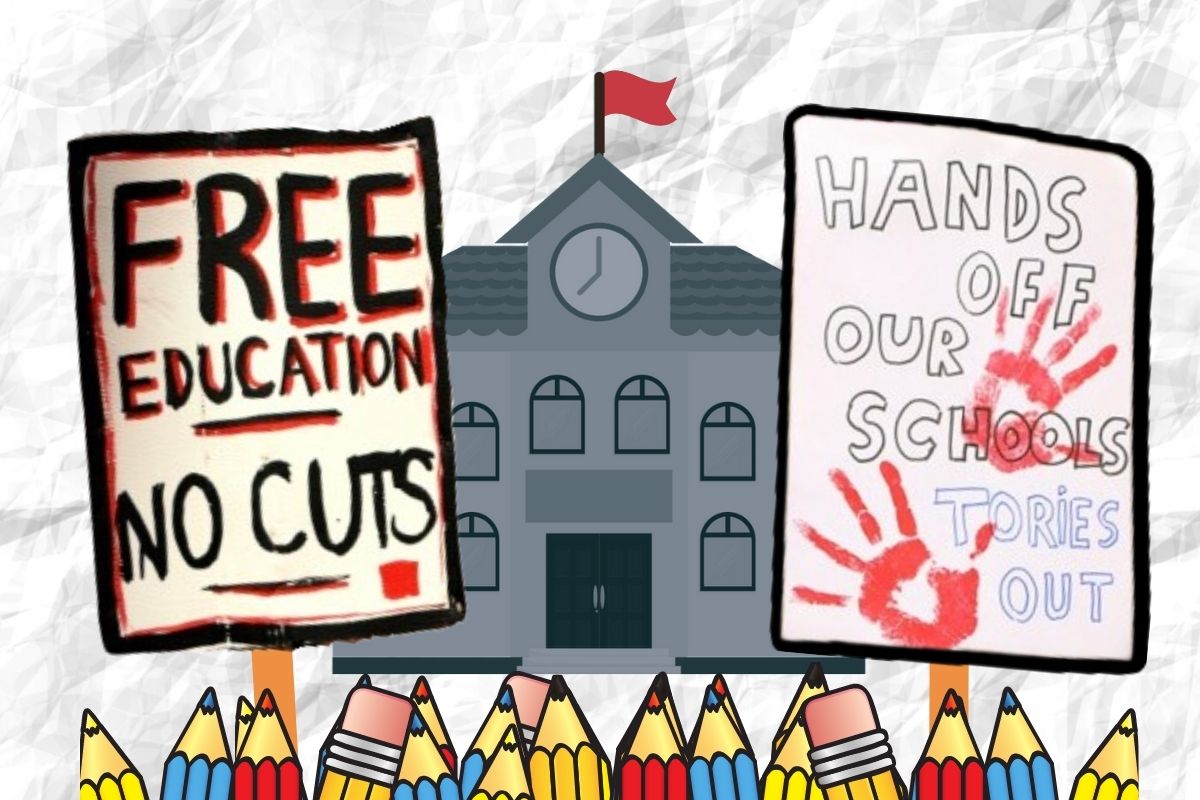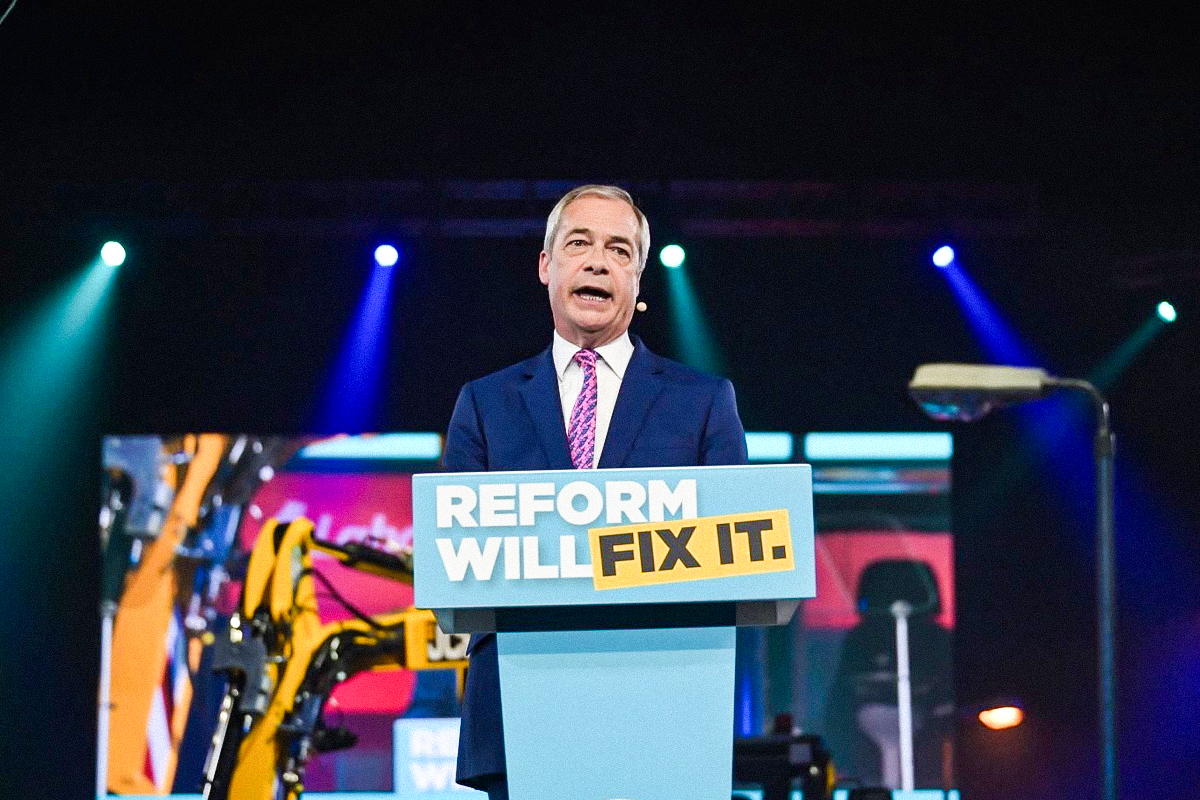Years of chronic underfunding – alongside the pandemic – have led to a crisis in the country’s schools. Tory proposals offer no solution. To defend education, we must fight academisation and privatisation, and tackle the problem at its root.
The ‘levelling-up’ education white paper announced by the Tory government on 28 March has been met with disappointment and anger by teachers, schools, parents, and trade unions.
The main announcement of the paper is a target for 90% of children to leave primary school with the expected level in reading, writing, and maths by 2030. The figure from 2019 was 65%, and it is predicted that this will be significantly lower in 2022, due to the impact of the pandemic of increasing levels of poverty.
Classroom struggle
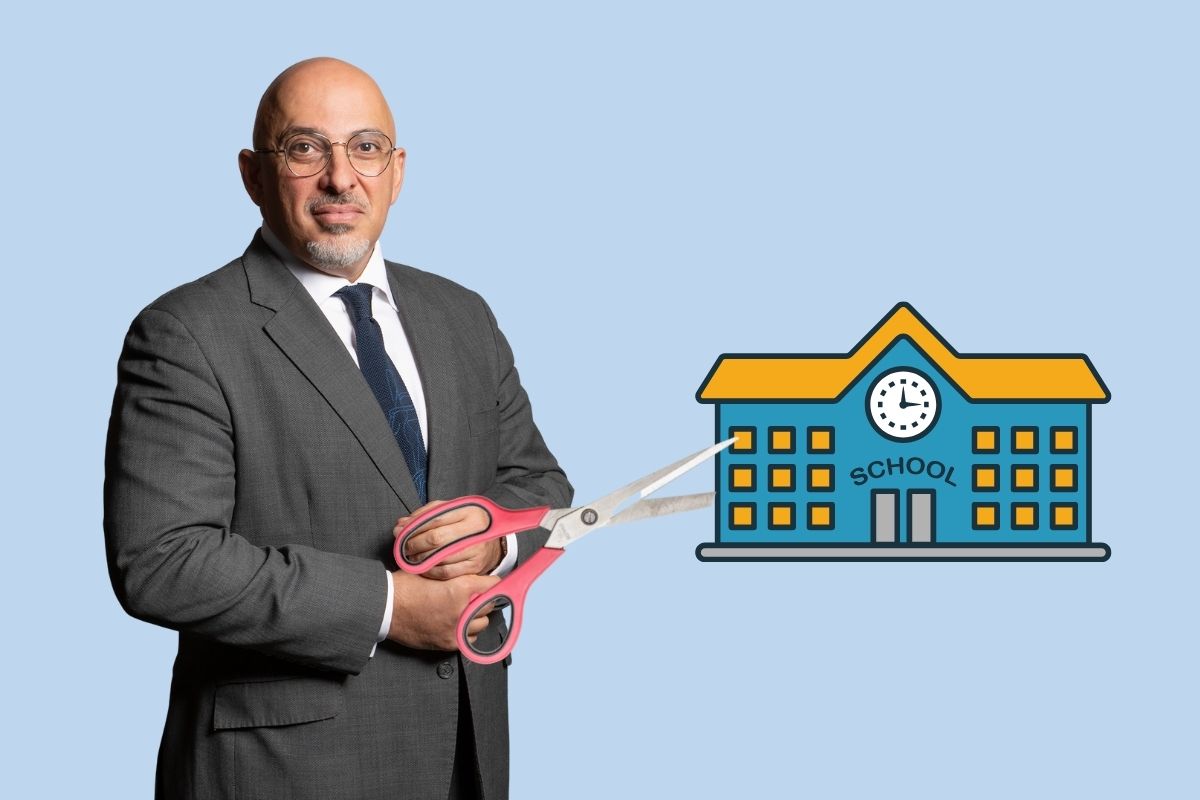
While many teachers welcome the promise of increasing literacy and maths levels, there needs to be clear solutions put in place to achieve these targets.
To begin with, we must ask the question: why do so few children achieve these expected standards in the first place?
Funding to schools in England and Wales has seen its biggest drop since the post-war period, with a 14% real-terms fall in government spending per pupil from 2009 to 2019 alone. This severely impacts the quality of education that is being delivered.
Reports from the NEU show that primary class sizes are at their highest level this century, and secondary class sizes are the largest they have been since records began. Almost a million children are being taught in classes with more than 30 pupils.
There have been significant cuts to the number of teaching assistants in schools. Coupled with huge class sizes, this leaves teachers unable to provide additional support to struggling students.
These cuts are the real reason behind children not gaining the expected level of literacy and maths skills. Unsurprisingly, they are not even addressed in the government white paper.
Child poverty
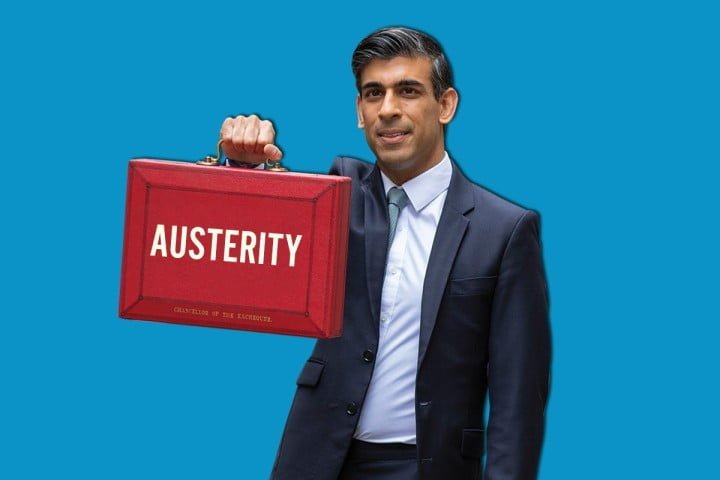
The impact of poverty on education is also a significant factor that is ignored by this latest white paper.
Teachers are seeing more and more children come to school each day who have not slept because their family can’t afford to heat the house; who have not eaten breakfast, or even dinner the night before. Clearly, students cannot learn in conditions of hunger and exhaustion.
If the government really wants to raise achievement, they first need to make sure that the basic needs of students are being met.
Given Rishi Sunak’s recent Budget – a smoke and mirrors trick that offers nothing to working people – we know that this issue is not even on the radar of the Tories.
Academisation and privatisation
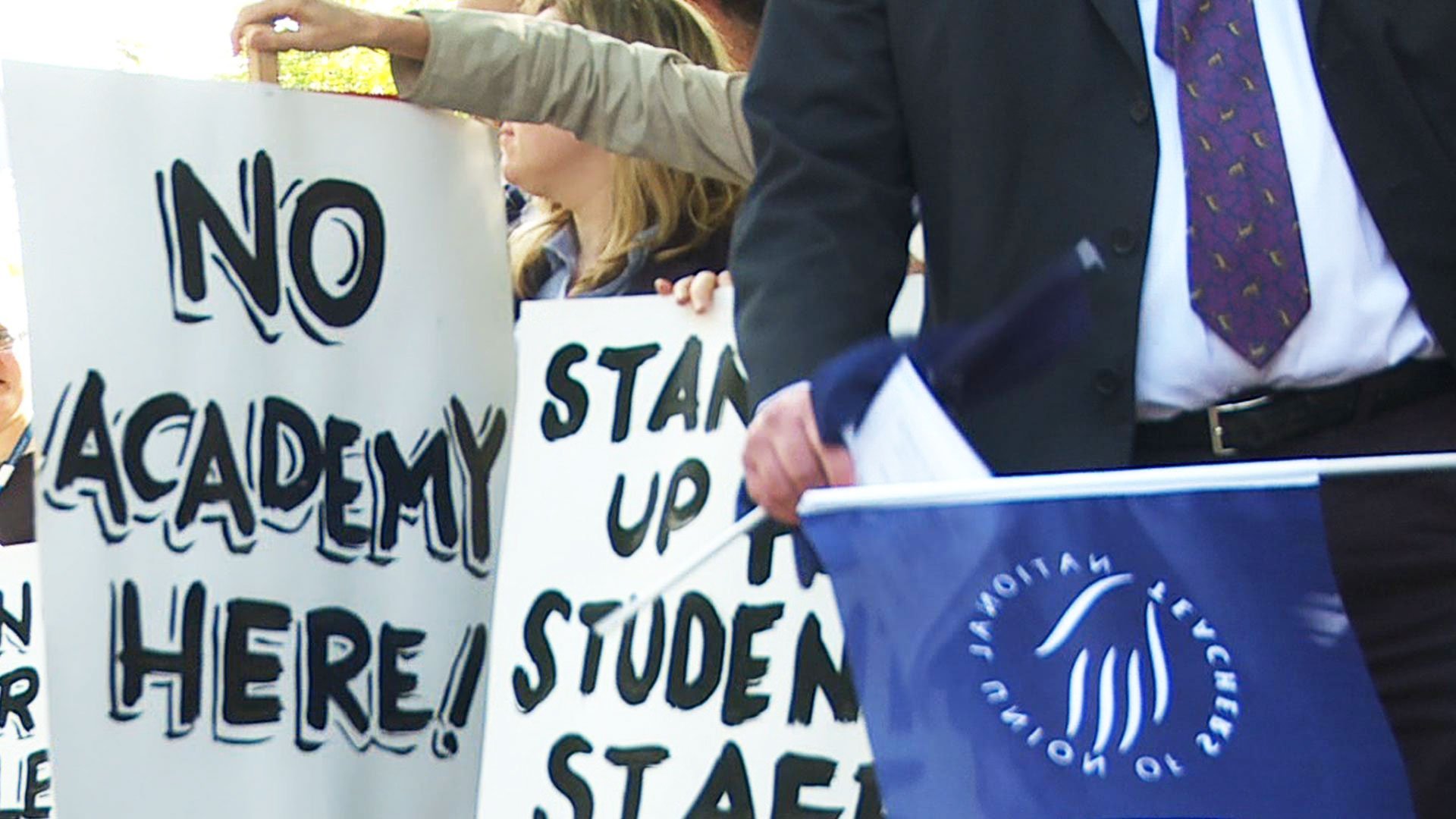
Instead of tackling (or even mentioning) the impact of poverty, or the chronic underfunding in schools, the only route that the white paper suggests for increasing attainment is through the compulsory academisation of all schools in England. This is nothing short of privatisation of the education sector.
Since the introduction of academies by Blair’s New Labour, later accelerated by David Cameron’s Tory government, the profit motive has crept further and further into schools, as big business looks to extract profits from a previously untapped market.
Academies are run by ‘multi-academy trusts’ – privately-controlled conglomerates who cut school budgets by increasing class sizes; hiring fewer staff; undermining wages by replacing permanent, unionised, qualified staff with more casualised, temporary, unqualified workers; and spending less on resources.
The money ‘saved’ through these measures is instead paid out on huge CEO salaries, some of which are over £200,000 a year.
This is daylight robbery of the working class, putting money into the pockets of big business that should be going on our children’s education.
Overworked and underpaid
While these academy trusts have a lot to gain through the government’s new proposals, workers and students will suffer.
Figures from the Department of Education show that the average teacher salary is at least £1,000 per year lower in academies.
At the same time, academies don’t have to follow national agreements on workers’ pay or conditions. This leads to overworked, burned-out staff, and double the number of unqualified teachers.
Academy trusts have also been riddled by scandal after scandal. In 2017, for example, a government report found that “thousands of transactions are being made every year by academies to individuals with which senior staff have relationships”.
Similarly, a Channel 4 Dispatches investigation found that 40 academy chains had spent over £1 million on CEO expenses, such as luxury hotels and first-class travel.
Socialist alternative

Unsurprisingly, the conversion of local-authority schools into academies does nothing to raise attainment. By the Tory government’s own admission, “we have been unable to locate any evidence of a relationship between academy status and raised attainment”, with statistics showing that 62% of academies perform below the national average.
What is really needed to increase educational outcomes is proper funding to allow for children to be taught in safe, modern classrooms, in small class sizes, and by well-paid, fully-qualified teachers, working to manageable hours.
The wealth and resources to do this clearly exists in society. But it sits in private hands, boosting the bank balances of big business.
In place of the empty promises of the Tories’ latest white paper, we must fight for an immediate end to the academies programme, with all schools – including private and free schools – taken into public ownership and democratic control.
And instead of paying out six-figure salaries to academy trust bosses, we must expropriate the billionaires, and use this wealth to address the chronic underfunding of our schools.
Workers and students need real solutions to end the crisis in our schools. Academisation and privatisation are sending us backwards. Instead, we must fight for a bold socialist alternative: a fully-funded, publicly-owned education system, under democratic workers’ control, with no place for profit and the market.

